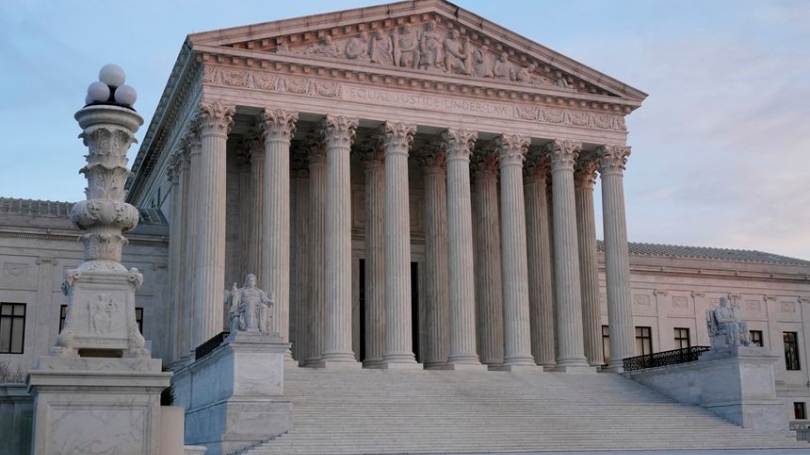
- About
- Undergraduate
- Off Campus Programs
- Opportunities
- News & Events
- People
Back to Top Nav
Back to Top Nav
Back to Top Nav
Back to Top Nav
Did the court hold too much power when Andrew Jackson so brazenly defied the court's 1832 ruling in Worcester v. Georgia? After the ruling went against the president, he claimed, "John Marshall has made his decision, now let him enforce it." Of course, the statement was rhetorical because there was nothing the court could do. Or did the court have too much power when it reversed years of segregationist practices with its 1954 ruling in Brown v. Board of Education of Topeka? Despite being one of the court's most celebrated decisions, the nation still needed the passage of the 1957 Civil Rights Act to enforce the ruling.
As Alexander Hamilton wrote in Federalist 78, the Supreme Court "has no influence over either the sword or the purse; no direction either of the strength or of the wealth of the society; and can take no active resolution whatever." Otherwise said: The court was made to be effectively weak.
The legislative and executive branches' ability to write, amend and implement our nation's laws have always stood as a check to the Supreme Court. We the people, and our respective elected representatives, create and enforce the laws in this nation. Not much has changed about the court since our nation's inception, so if people believe that the balance is out of equilibrium, the answer is likely that other institutions have weakened.
—Eli Thrasher, Dartmouth College, politics, philosophy and economics
Click here to read the full Wall Street Journal, Future View article.